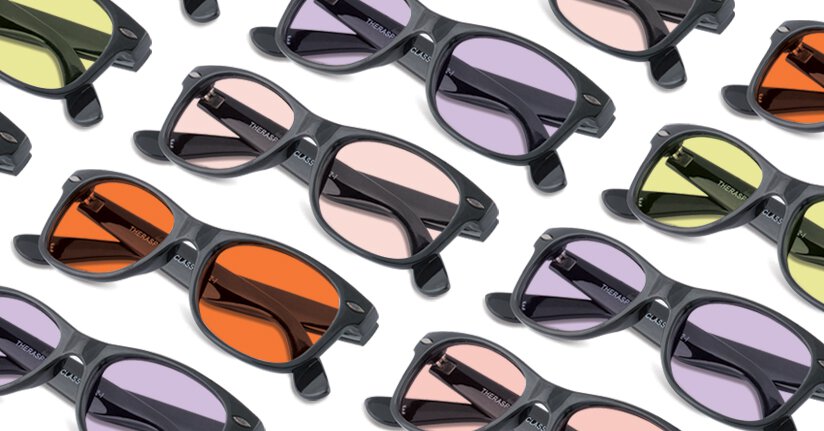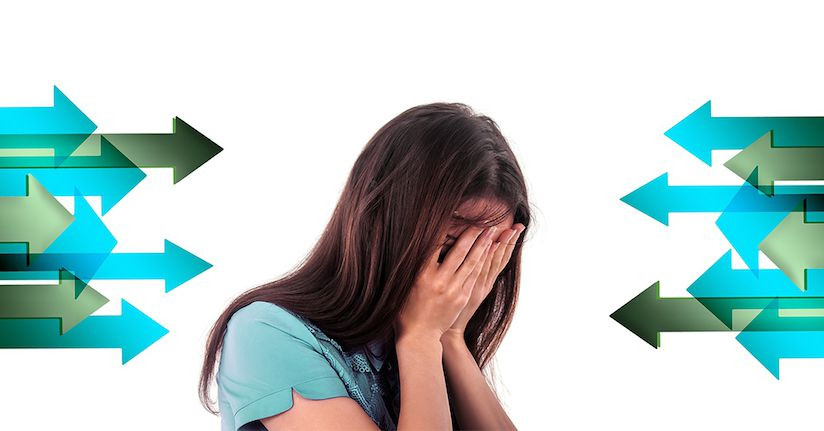Migraine Causes vs. Triggers
What's the difference between migraine causes and migraine triggers? Migraine is caused by an inherited neurological disorder that causes the brain to be hyper-reactive. If someone doesn’t have this neurological disorder, they cannot have a migraine attack. Individual migraine attacks have numerous possible triggers, which vary from one person to the next.
Although food triggers get a lot of attention, many people can identify no food triggers at all. Others have food triggers, but they aren’t foods that appear on the typical migraine lists. Instead of reacting to specific foods, many people report that skipping meals, drinking alcohol or becoming dehydrated are big migraine triggers. Other migraine triggers can include:
- Fluorescent lights, bright lights, sunlight and glare
- Weather changes, being in temperatures that are too hot or too cold
- Getting too much or too little sleep or going to sleep earlier or later than usual
- Scents, like perfume, fabric softener, or even cooking odors
- Hormonal fluctuations
- Loud sounds
- Stress (some people argue that stress itself isn’t a trigger, but that not taking care of oneself during stressful times is the culprit)
- Strenuous exercise or not getting enough exercise
- Sex
Complicating the process of tracking down triggers is that even if you’re sensitive to a certain trigger, you may not always have a migraine attack when you’re exposed to it. You can even have a migraine attack without exposure to any known triggers. As aggravating as this can be, it’s usually worth the work to try to pinpoint your triggers so you better manage them (or at least have a migraine abortive with you when you know you’ll be exposed to one).
TheraSpecs Glasses for Light Management
Try our light-filtering glasses and stay protected against harsh light from screens, fluorescents, LEDs, unwanted blue light, bright sunlight, flashing lights, and more.





